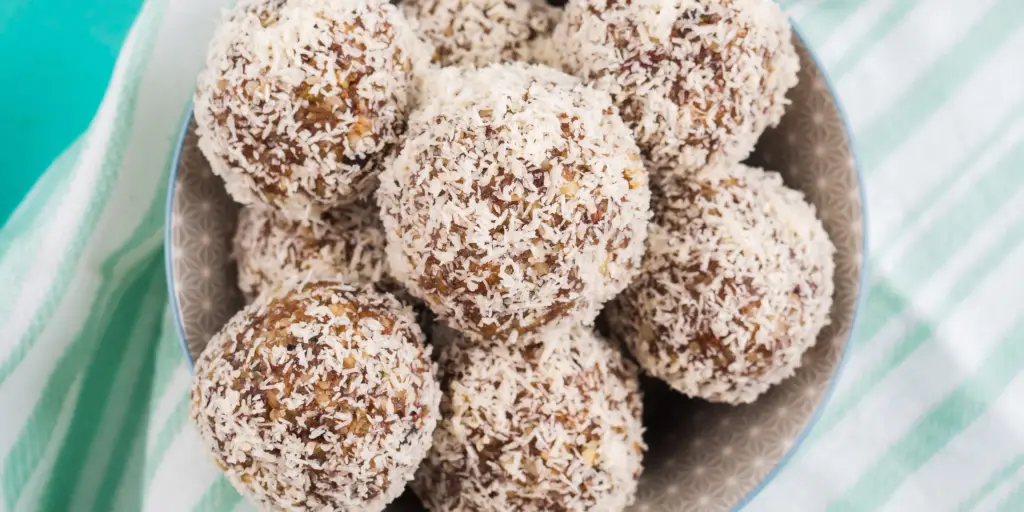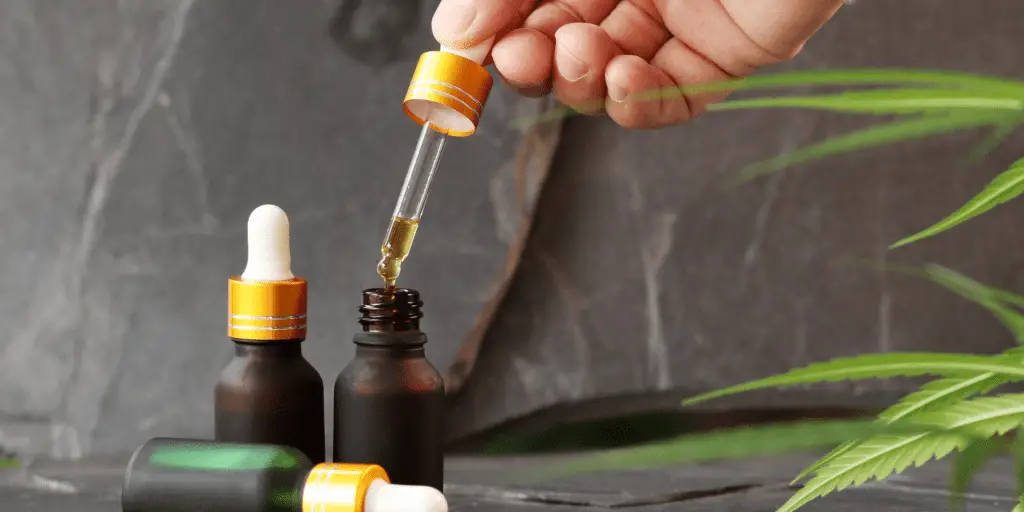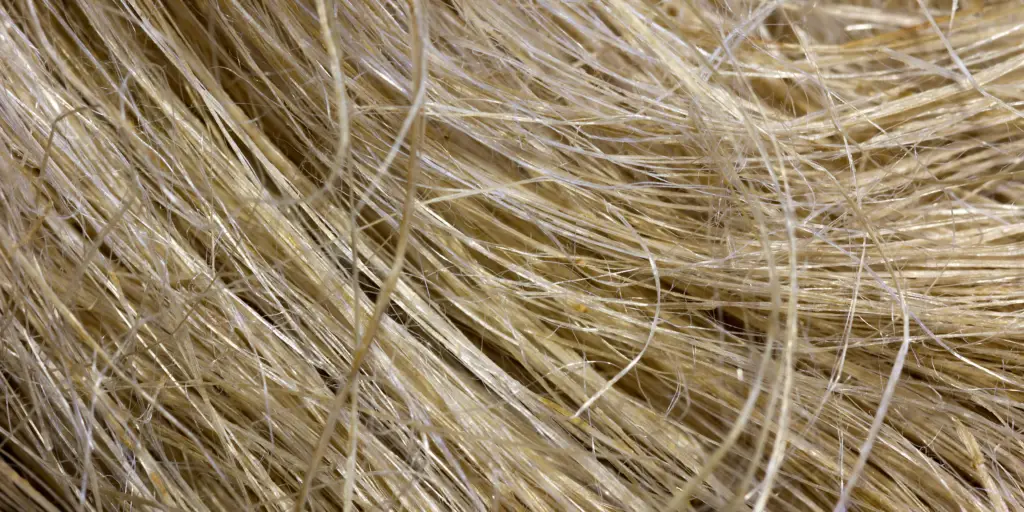Discover Hemp Basics
Dive deep into the history, cultivation, and sustainability of hemp. Whether you’re a newbie or a hemp enthusiast, there’s always something new to learn.
Cooking with Hemp
Enjoy the many benefits of incorporating hemp into your diet! From delicious smoothies to hearty main courses, get ready to tantalize your taste buds!
The Hemp Lifestyle
Learn how hemp can be an integral part of your daily life. From clothing to skincare, discover products and tips that resonate with a sustainable lifestyle.
How to Elevate Your Culinary Game with Hemp Hearts
Discover the culinary versatility of hemp hearts in our comprehensive guide. Learn how to incorporate this nutrient-rich superfood into your daily meals for a health boost.


Exploring the Wellness Wonders of Hemp Oil
Dive into the myriad health benefits of hemp seed oil in our ultimate guide. From skincare to heart health, explore how this natural oil can transform your well-being.
Journey Through Time: The Fascinating History of Hemp
Ever wondered about the roots of hemp? Our comprehensive guide takes you on a historical journey, exploring hemp’s ancient origins, colonial importance, and its modern-day revival.

Why Hemp is the Ultimate Plant with a Purpose
Carbon Sequestration
Hemp plants absorb four times more carbon dioxide per acre than trees, making them a crucial asset in combating climate change.
Soil Health
Hemp’s deep root system prevents soil erosion and enriches it with essential nutrients, contributing to sustainable agriculture.
Waste Reduction
Every component of the hemp plant can be utilized, from stalk to leaf, making it an excellent choice for zero-waste initiatives.
Reduced Pesticide Use
Hemp grows robustly without the need for pesticides, contributing to cleaner air, soil, and water.
Water Efficiency
Hemp requires significantly less water compared to other crops, making it a sustainable choice in regions with water scarcity.
Renewable Energy Source
Hemp biomass can be converted into biofuel, providing an alternative to fossil fuels and contributing to renewable energy efforts.
Plant-Based Protein
Hemp is a complete source of protein, containing all 20 amino acids, including the 9 essential ones, ideal for plant-based diets.
Balanced Fatty Acids
Hemp is naturally high in omega-3 and 6 fatty acids, offering a balanced profile that is efficient for nutritional intake.
Nutritional Powerhouse
Hemp offers a well-rounded nutritional profile, rich in fiber, essential fatty acids, and complete protein, enhancing overall dietary health.
Subscribe to The Hemp Highlights
Join the Hemp & Fork community and never miss out! From health-boosting tips to recipes and sustainability hacks, our newsletter brings the world of hemp straight to your inbox.
* We respect your privacy. Your email address will never be shared or sold.